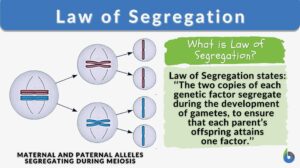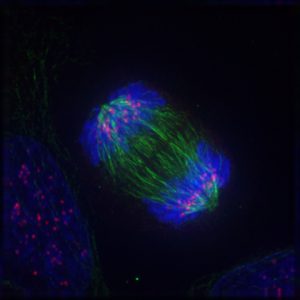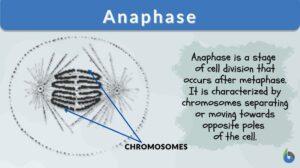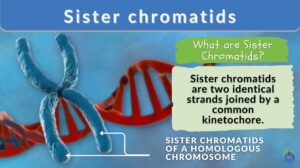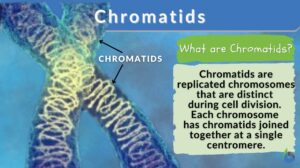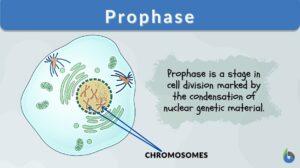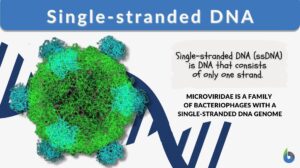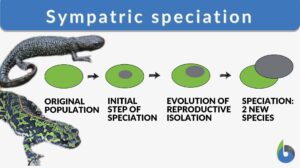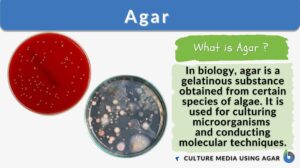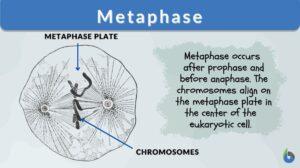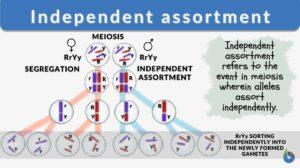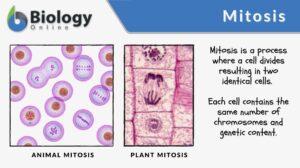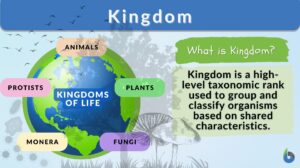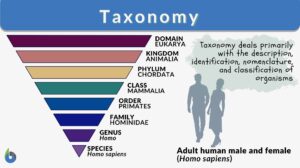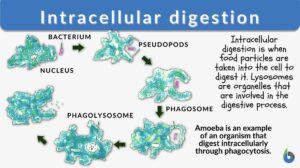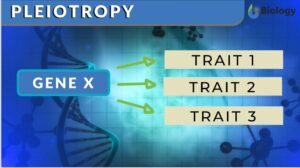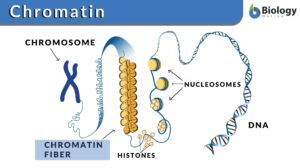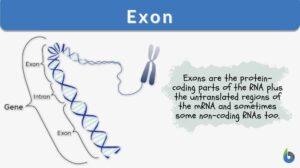Search Results for: separate
Law of Segregation
Mendel’s Laws of Inheritance The father of genetics, Gregor Mendel, reported his findings in 1860 that initially were... Read More
Cells know when to separate at mitosis
How do cells know when to separate during mitosis? A molecule called BubR1 was found to regulate the timing of the division... Read More
Sister chromatids
Sister Chromatids Definition Sister chromatids are defined as the two identical copies of a single replicated chromosome... Read More
Chromatids
Chromatid Definition Chromatids are found inside our cells. Chromatids are condensed chromosomes distinguishable during... Read More
Single-stranded DNA
What is single-stranded DNA? DNA is the material that living organisms possess that carries their genetic make-up. DNA and... Read More
Allopatric speciation
We can define speciation as a process by which the novel genetically independent group of organisms are formed through the... Read More
Meiosis and Alternation of Generations
Review of Mitosis: Cell Cycle The cell cycle contains the process in which cells are either dividing or in between... Read More
Sympatric speciation
Speciation is a process of evolution through which two different existing populations evolve and a distinct species form. It... Read More
Hermaphrodite
We all know that typically living organisms are divided into two main categories of sex-based on their biological structure.... Read More
Independent Assortment
Independent Assortment Definition Independent assortment refers to the alleles or genes that sort into the newly formed... Read More
Filtration
Filtration Definition What is filtration? Filtration is separating a solid from a fluid through a porous material that... Read More
Hydrophobic
Hydrophobic Definition The fear of mixing or reacting with water under a given set of reaction parameters is often referred... Read More
Intracellular digestion
Intracellular Digestion Definition What is intracellular digestion? ‘Intra’ means "inside" and ‘cellular’ pertains... Read More
Semilunar valve
The human heart structure consists of heart chambers (2 atria and 2 ventricles) that differ functionally from each other.... Read More
Dichorionic-diamniotic twins
Definition noun Twins with separate chorions and amniotic sacs in utero Supplement Twins may be classified according to the... Read More
Anaphase I
Definition noun The third stage in the first meiotic division after prophase I, and highlights the separation of paired... Read More
Bryophytes
Bryophytes (nonvascular plants) do not have xylem or phloem. The habitations of this plant group are widely varied and... Read More
Human Reproduction
Terminology and Concepts Primary reproductive organs are called gonads - testes in the male and ovaries in the female.... Read More
Nervous System
THE is the most complicated and highly organized of the various systems which make up the human body. It is the... Read More
A Look Into Natural Selection and its Mechanisms
Charles Darwin is credited with outlining the fundamentals of evolution. He was a smart and eager pupil and protégé, and... Read More
Pleiotropy
Pleiotropy Definition When one single gene starts affecting multiple traits of living organisms, this phenomenon is known... Read More
Nondisjunction
Definition noun (In mitosis) The failure of sister chromatids to separate during and after mitosis. (In meiosis) The failure... Read More
Disjunction
Definition noun The normal separation or moving apart of chromosomes toward opposite poles of the cell during cell... Read More
